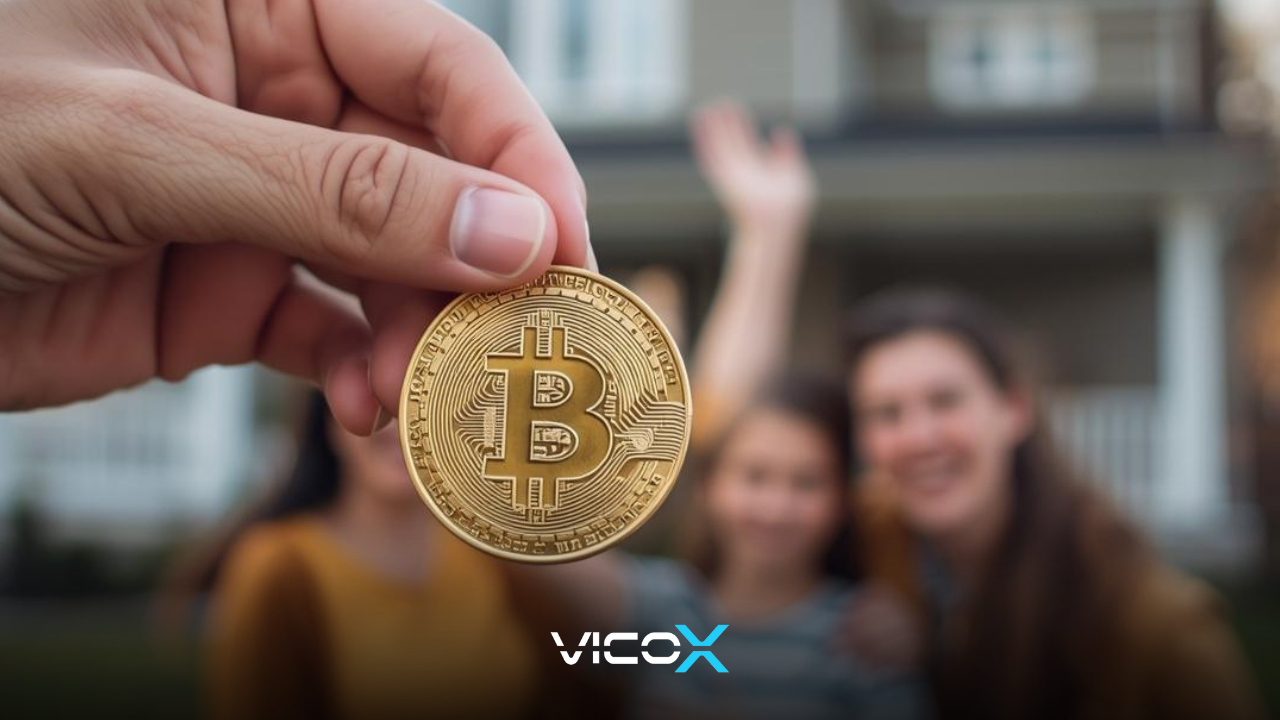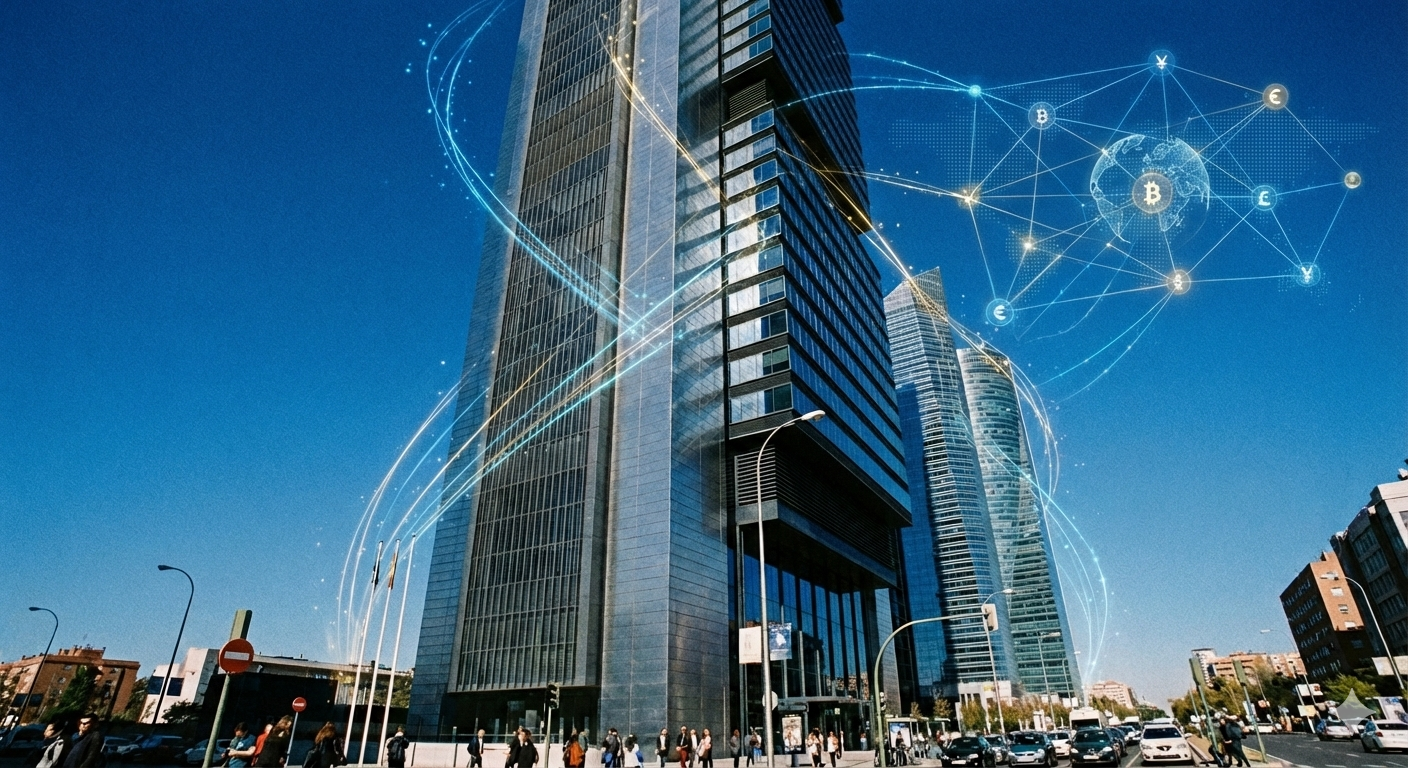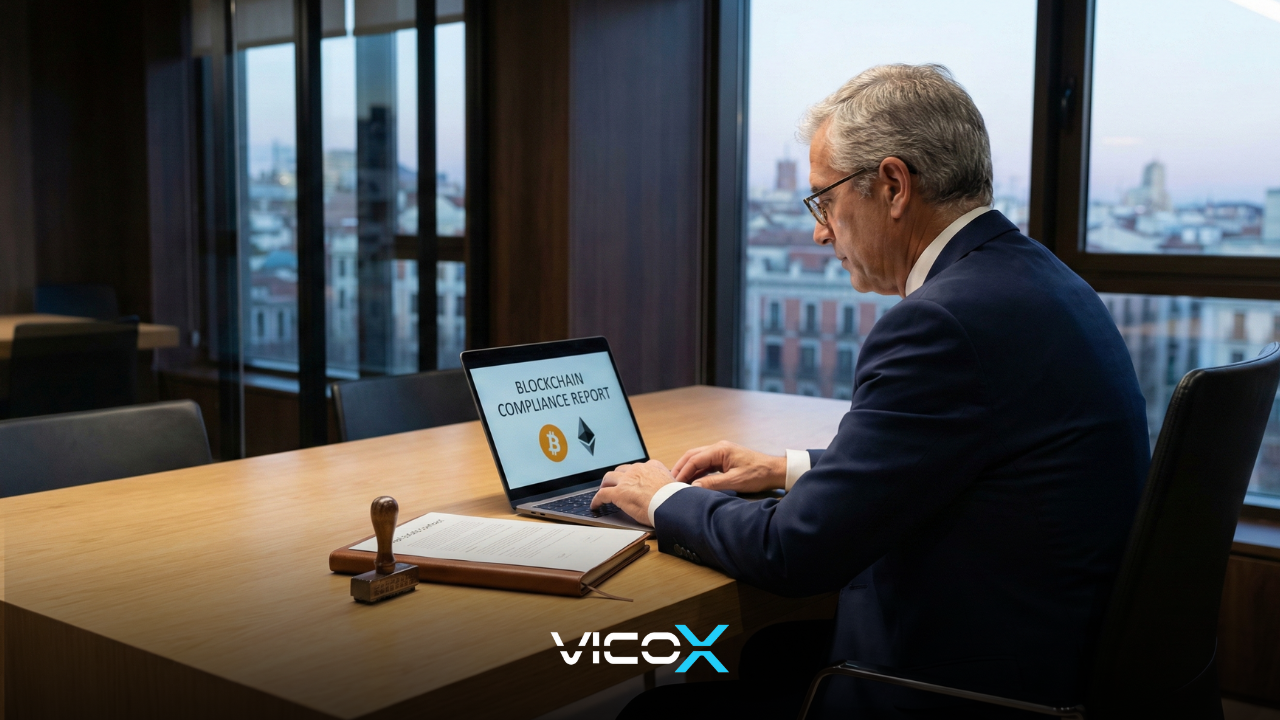
DAO stands for Decentralised Autonomous Organisations. It is an innovative organisational tool that bases its control on a Smart Contract, which determines the rules and guidelines that will serve as principles for all DAO participants.
It is for the above reasons that DAOs, so far, are not subject to any specific regulation or general rules, as by their very decentralised nature they are able to self-manage and coordinate with all stakeholders and participants thanks to Blockchain technology.
The main intention of implementing this variant of organisations is to eliminate the possible absolutism that emanates when decision-making lies with a single person or a small group. This is the beginning of a revolution, which in the future will lie in the political system and facilitate decision-making by citizens. DAOs do not allow for abuse or probable risks in decision-making by an individual acting for his or her own benefit and forgetting the general interest.
All members of a DAO are important, and for this they are able to interact with each other, according to already established principles and a protocol of incentives and possible sanctions according to the Smart Contract. Undoubtedly, there is a need to develop an open and distributed Blockchain network, which will implement greater transparency and pool the interests of the participants. This means that the parties do not have to trust each other or have to share interests, as the Smart Contract itself establishes all the points and conditions that may arise.
At present, the disadvantage of implementing a DAO is that the majority share (51%) falls on a single individual and forces all members to rely on a third party. Furthermore, we cannot ignore the fact that there may be errors in the code itself or that it may be vulnerable to access by third parties to the information contained in it.
At this point, it is essential to analyse the legal nature of a DAO. At the moment they are not legally recognised, and this gives some uncertainty as to the rights and obligations arising from the establishment of a DAO. In the absence of a legal head of the DAO, it is very likely that the legislator will choose to attribute existing and possibly obsolete circumstances to the DAO. Despite the complexity and extent of the internal rules that may control the functioning of these organisations, they may be of little use in relation to an existing legal system with a different jurisdiction.
Another problem in establishing a DAO may be determining the jurisdiction of the DAO or the applicable law. Participants may stipulate a multitude of jurisdictions according to their own interests or location.
DAOs have their own remuneration or investment system, developing for themselves tokens with initial value. Despite their many similarities, they cannot be considered as shares or units. Despite the risk that the legislator will lump them into these groups, it will be very difficult to quantify them and to certify the ownership of the tokens by the individual participants of the DAO.
Tokens represent value and participation within the organisation, which requires an initial investment by participants. Therefore, they are still a speculative means of participation within the organisation, presumably regulated as stocks or shares in the future, which will result in registration and movement requirements that limit their use.
As mentioned above, OAD participants can choose the jurisdiction that best suits their interests or location, and this can be a problem due to unrestricted participation and anonymity. This is why regulation is urgently needed to establish these organisations as legal entities.
It is also important to repeat the problem that arises from the DAO's own liability, as there is no regulation at the moment, which means that in the event of any problem, the interpretation is referred to certain courts that can determine the liability of all its participants or members. This would increase, if possible, the problem of locating all the participants and analysing the obligations of each one with respect to their jurisdictions.
However, decentralised autonomous organisations are increasing their presence in the business and technology world, and are increasingly the smart choice for managing or organising a new alliance or project. Increasingly, they are positioning themselves as a real alternative to primitive and outdated forms of organisation, presenting innovation and technology in equal measure. Undoubtedly, DAOs have served to introduce another model of governance and organisation, one that will eventually be accepted by the current system and evolve into a general tool with valuable utility.
Ultimately, lack of regulation is again a problem, but the technology is able to overcome these obstacles. It may be too early to determine any theories about DAOs, but there is no doubt that they are a valuable tool within the nascent community, and that they will be implemented in some form or another in the future.




